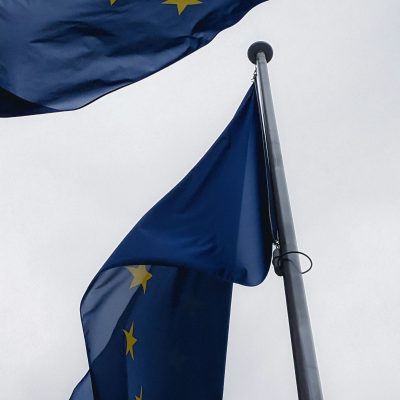Reforming Europe’s governance

If the challenges facing the EU demand, first and foremost, detailed political responses, it is essential that the European institutions whose aim is to come up with those political responses are fully legitimate and effective, and that the “European federation of nation states” evoked by Jacques Delors functions more harmoniously.
It’s with this in mind that Yves Bertoncini and António Vitorino formulate analyses and recommendations both on the European Union in the broader sense, sometimes judged to be too pernickety and “unintelligible,” and its “institutional triangle” frequently being considered to be excessively opaque, as well as on the Economic and Monetary Union, marked most recently by the arrival on the scene of the “Troika” and by the conclusion of the “fiscal compact”. These analyses and recommendations take into account the major progress associated with the entry into force of the Treaty of Lisbon which, like the previous treaties, has improved the EU’s functioning, without necessarily including all of the potential institutional and political reforms.
According to Yves Bertoncini and António Vitorino, reforming “Europe’s governance” supposes to better legitimate the exercise of the EU and the EMU’s powers, to clarify the actions of and interactions between the European institutions, as well as to modify their internal functioning. Reforming “Europe’s governance” also implies promoting adjustments in the short and medium terms, above all regarding the interventions and organisation of the European institutions, and concerning certain points on the drafting of the Community treaties, in order to “consolidate political union” and to “complete the EMU”.
The set of changes proposed by Yves Bertoncini and Antonio Vitórino do not involve an “institutional big bang” or a “big federal leap”, but constitute a number of pragmatic, democratic and beneficial improvements for European governance, which will enable the EU to better meet the expectations of its member states and citizens.




